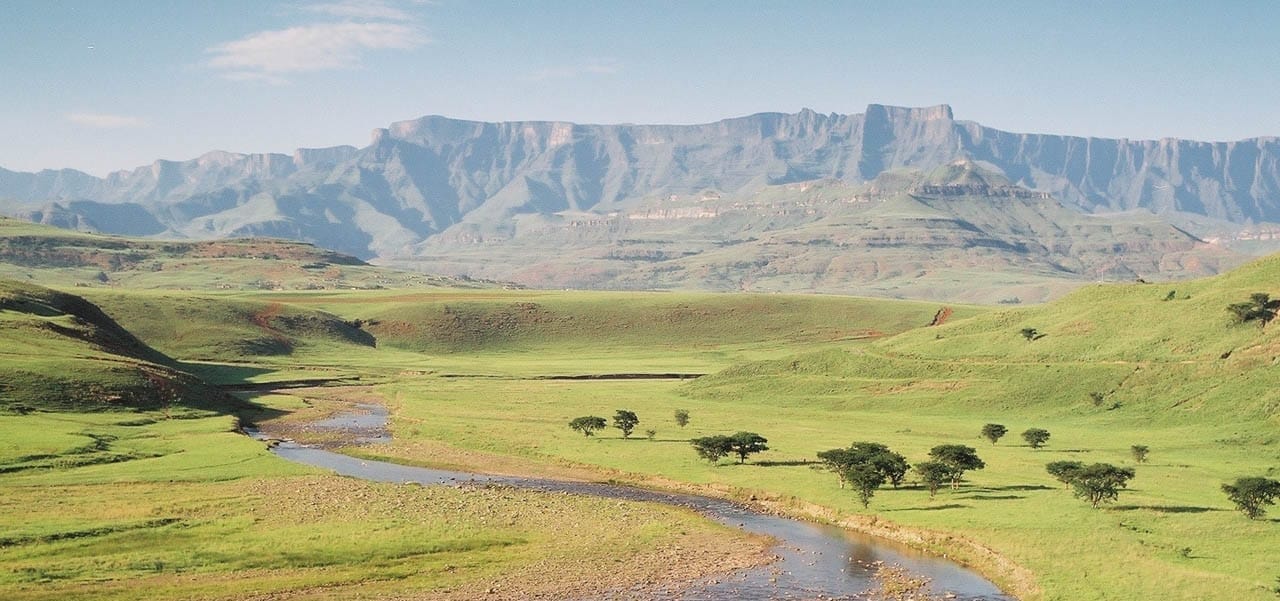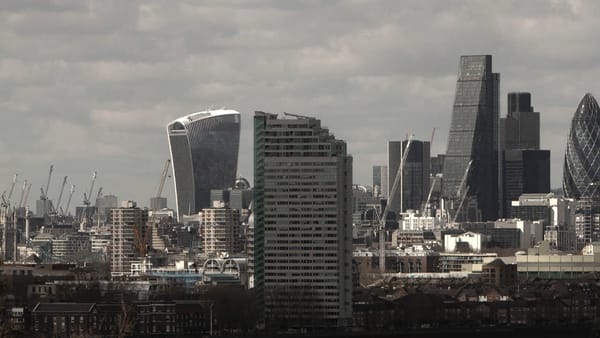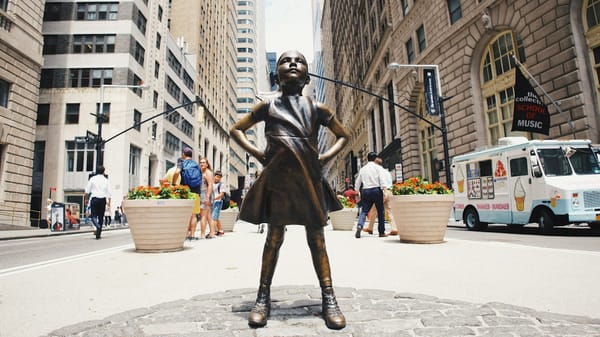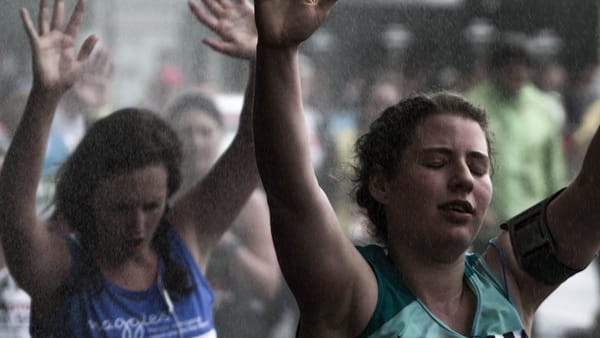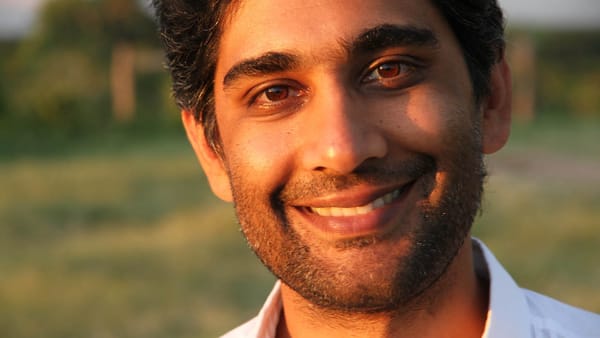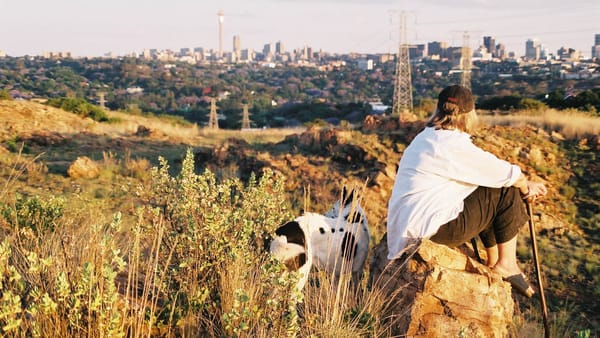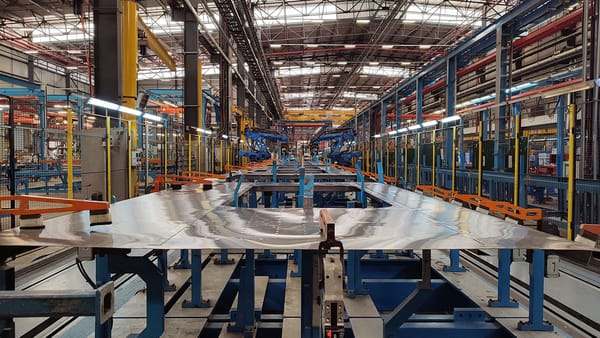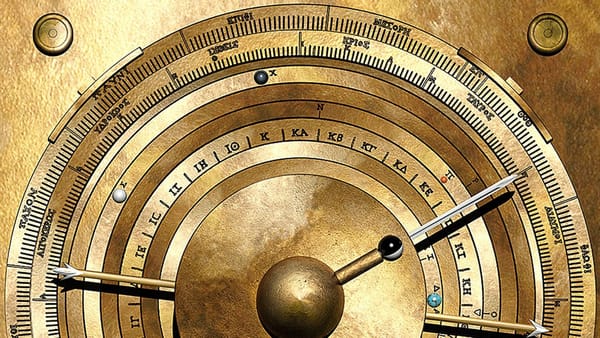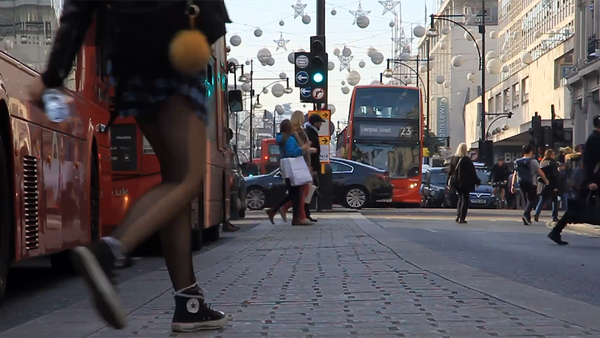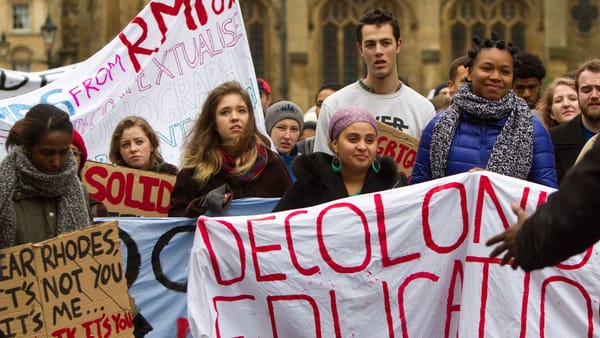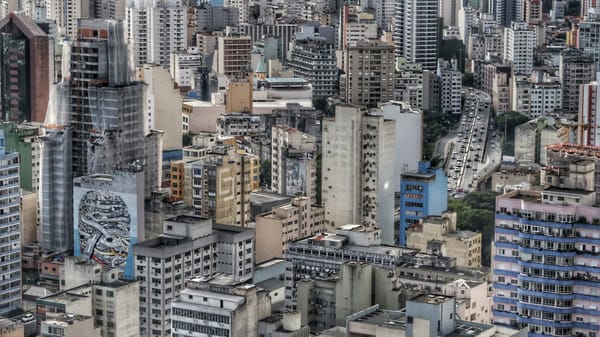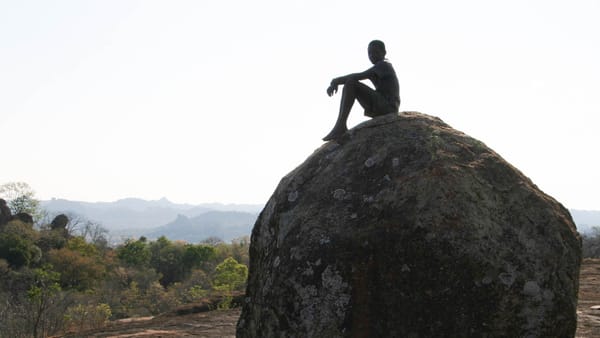
Overview
I want to share some new ideas to solve the urgent problems we face.
From climate change and habitat loss, economic insecurity and rising inequality, to the global rise of a populist authoritarian right, we face daunting challenges.
We can't get to a calmer future trying to fix these separately. Our deepest problems are interlocked and structural. The obvious solution to each element of this polycrisis has been tried individually – and failed.
We need holistic solutions and radical paradigm shifts to resolve the deepest problems. This requires clear analysis, new technologies, and a conscious change of direction.
Our current infrastructure paradigms have reached the end of the road. Legacy transport networks are so expensive to build and operate, we have to move close to where good transport links already exist. The resulting overcrowded megacities have driven up the costs of living for everyone, wherever they live.
New, cheap, combined infrastructure will reduce social and economic pressures, and make small cities viable and vibrant to live in.
Overheating megacities have complex economic causes and impacts. We share an abundant world, but our amazing industrial productivity has collided with infrastructure bottlenecks to create vast pressures. The cost of things has fallen, but the cost of living keeps rising. Ethical companies struggle to make profits, inflated returns on investments crowds out sustainable business, while wages and workforces are aggressively shrunk. These economic pressures also hamstring modern states, through falling tax revenues and rising social costs.
Chasing growth, competitiveness or cutting regulations will not resolve the real pressures, but only cause further environmental and social damage.
Our problems may seem cultural – caused by individual or political choices, weak leadership, and flawed historical legacies. Compelling narratives focus on class conflicts, identify scapegoats, or moral failings such as greed, with subconscious religious undercurrents. Cultural ideas about competition and success also subtly normalise global inequality and persistent conflict.
Such cultural explanations are emotionally compelling, but distract us from the less obvious systemic causes we need to address.
Working backwards from a future we want may sound simplistic. I only found these ideas after working on the more obvious solutions, in each sector, first, and then by thinking about the world I wanted to live in. I'll share my journey, and the reasons why I keep looking for deeper solutions.
